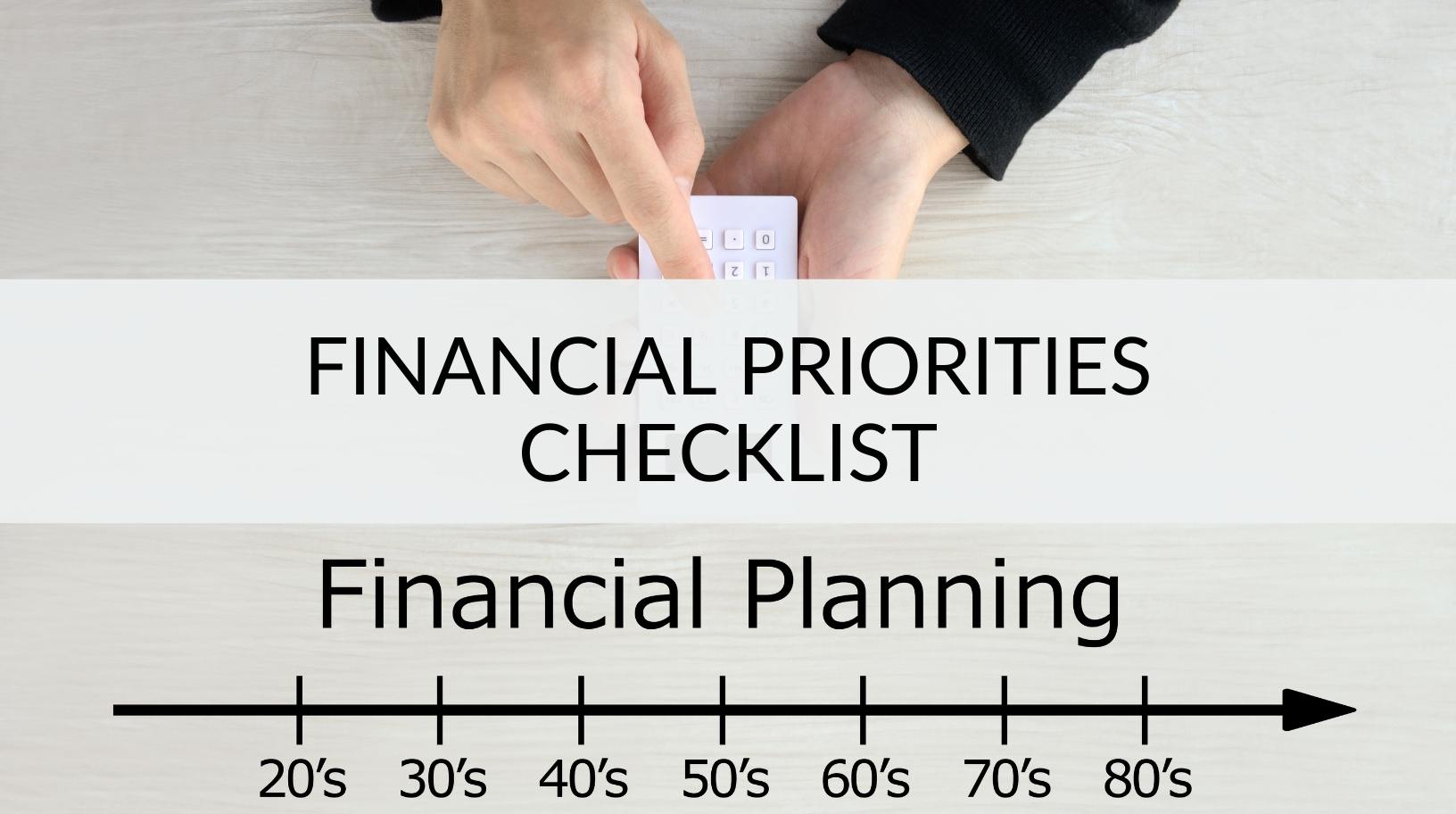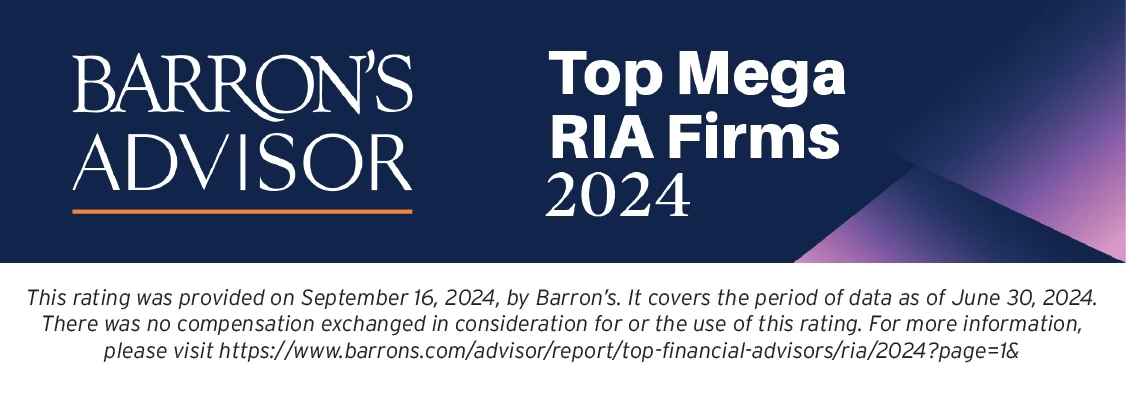Many people want to plan, but don’t know where to start. Others simply want to know, “Am I on the right track?”
By Andrea Young on October 4, 2022

by James Hastings
Jason Hastings
“Most people don’t plan to fail, they fail to plan.” Words as true today as they were when first spoken by John L. Beckley decades ago. Many people want to plan, but don’t know where to start. Others simply want to know, “Am I on the right track?”
Life’s cocktail of competing goals layered with varying time horizons is a recipe for uncertainty that can lead to stress and anxiety. Coming up with the right plan can quickly become both daunting and complex when thinking about retirement, buying a home, or starting a family just to name a few objectives.
It is essential to have goals to help identify what is most important, but, as Antoine de Saint-Exupéry purportedly quipped, “A goal without a plan is just a wish.” Life is constantly changing with one curve ball after another, which is why it is important to have a plan.
While each person’s situation is completely unique, in this month’s Insights we have taken a pass at mapping out an age-related financial planning checklist. Each age group is broken out by decade to highlight what an individual of a certain age may want to focus on. As stated by Alan Lakein “Planning is bringing the future into the present so that you can do something about it now.” Hopefully, this checklist helps to clarify and identify the order in which to prioritize some of life’s financial decisions.
20s – Time to Start
• Learn to budget – Be honest with yourself and determine the difference between “wants” and “needs.”
• Start saving! Your most important asset is TIME. If you start to contribute $200 per month to a retirement account at age 22, (consider a Roth IRA), with a 5% annual rate of return, it will grow to $362,236 by age 65. Keep in mind, you have only invested $103,200!
• Be sure to take advantage of employer matching in work retirement accounts.
• Pay down high-interest rate credit card debt. Better yet – don’t accumulate it!• Start paying off student loans/other debt.
• Start saving to a taxable account – this will be your down payment on a home.
About 70% of students graduate with a loan balance of $29,000 1
30s – Build a Solid Foundation
•Continue to pay yourself first. If you’re not already maxing out retirement account contributions, make that a priority.
•Life Insurance & Disability insurance – a must if you have small children or other dependents.
•Estate planning documents – set up wills, health care proxies, powers of attorney and possibly trusts.
•529 Plans – college is expensive and inflating more than 5% per year. Set a realistic plan to cover cost, maybe 1/3 each: parents – student – loans/aid. DO NOT sacrifice retirement savings for your children’s education. There are a number of ways to pay for college. You can take loans to pay for college but not for retirement. By focusing on retirement first your money will have a longer time horizon to grow, in turn giving you a larger net worth down the road.
U.S. Median Home Value= $295,3000
MA Median Home Value= $439,540 2
40s – Hang in There!
• Now that you have some assets consider adding an Umbrella policy to your Home Owner’s policy.
• Keep taxes in mind – 401ks are great, but people are often surprised with the amount of taxes they need to pay when taking distributions during retirement. In addition to the money you’re saving to retirement accounts be sure to set some money aside in a taxable savings or brokerage account.
The average 401k balance: $371,322 3
50s – Retirement, so close yet still so far away
• In your retirement accounts take advantage of catch-up contributions.
• Evaluate long-term care insurance.
• Be wary of a second home or toys – “people don’t own things – things own people.” Don’t enter this phase too soon as it can lead to a bad place. “People tend to enter the toy phase of life way too early,” -Glenn Frank.
3% of people who take advantage of catch-up contributions 4
60s – Here at Last!
• Determine when to start taking Social Security to maximize your benefit.
• Gifting/Philanthropy – is it time to set up a Donor Advised Fund?
• Consider Roth conversions during low-income years.
• Consider working longer to preserve assets – consult or work less but with flexible hours.
6% Average annual decrease in Social Security income if you start early 5
70s and beyond – Enjoy the fruits of your labor
• Downsizing your home – make sure you are living where you have access to help with maintenance, transportation and a community to socialize with.
• Travel or find other ways to enjoy your retirement. You worked hard to get there!
• Eldercare planning – make sure you have these difficult conversations before they are needed.
In closing, always hope for the best but plan for the worst. Be prepared for the unexpected and make sure to dream about what retirement will be like – you need to be able to see it to plan for it.
1. “A Look at the Shocking Student Loan Debt Statistics for 2021”. Student Loan Hero, January, 27 2021. https://studentloanhero.com/student-loandebt-statistics/
2.“Average House Price by State in 2020”. The ascent. https://www.fool.com/the-ascent/research/average-house-price-state/ #:~:text=The%20median%20existing%20home%20price,in%20the%20U.S.%20at%20%24107%2C064
3. Amin Dabit, CFP®. “The Average 401k Balance By Age”, Daily Capital, January 13, 2021. 1https://www.personalcapital.com/blog/retirement-planning/ average-401k-balance-age/
4. Brandon, Emily. “How to Take Advantage of 401(k) Catch-Up Contributions.” US News RSS. U.S. News, 10 July 2015. Web. 15 Nov. 2015. <http:// money.usnews.com/money/blogs/planning-to-retire/2015/07/10/how-to-take-advantage-of-401-k-catch-up-contributions>
5. 2015 Guide to Retirement. Tech. no. 1. N.p.: n.p., n.d. 2015 Guide to Retirement. JP Morgan Asset Management, 04 Aug. 2015. Web. 1 Dec. 2015. <https://www.jpmorganfunds.com/blobcontent/647/343/1272924627455_JP-GTR.pdf>
Disclosures
Lexington Wealth Management is registered with HighTower Securities, LLC, member FINRA and SIPC, and with HighTower Advisors, LLC, a registered investment advisor with the SEC.Securities are offered through HighTower Securities, LLC; advisory services are offered through HighTower Advisors, LLC.This is not an offer to buy or sell securities. No investment process is free of risk, and there is no guarantee that the investment process or the investment opportunities referenced herein will be profitable. Past performance is not indicative of current or future performance and is not a guarantee. The investment opportunities referenced herein may not be suitable for allinvestors.All data and information reference herein are from sources believed to be reliable. Any opinions, news, research, analyses, prices, or other information contained in this research isprovided as general market commentary, it does not constitute investment advice. The team and HighTower shallnot in any way be liable for claims, and make no expressed or implied representations or warranties as to the accuracy or completeness of the data and other information, or for statementsor errors contained in or omissions from the obtained data and information referenced herein. The data and information are provided as of the date referenced. Such data and information are subject to change without notice. This document was created for informational purposes only; the opinions expressed are solely those of the team and do not represent those of HighTower Advisors, LLC, or any of its affiliates.
FYI Categories
Events Series
Lexington Wealth Management is a group comprised of investment professionals registered with Hightower Advisors, LLC, an SEC registered investment adviser. Some investment professionals may also be registered with Hightower Securities, LLC (member FINRA and SIPC). Advisory services are offered through Hightower Advisors, LLC. Securities are offered through Hightower Securities, LLC.
This is not an offer to buy or sell securities, nor should anything contained herein be construed as a recommendation or advice of any kind. Consult with an appropriately credentialed professional before making any financial, investment, tax or legal decision. No investment process is free of risk, and there is no guarantee that any investment process or investment opportunities will be profitable or suitable for all investors. Past performance is neither indicative nor a guarantee of future results. You cannot invest directly in an index.
These materials were created for informational purposes only; the opinions and positions stated are those of the author(s) and are not necessarily the official opinion or position of Hightower Advisors, LLC or its affiliates (“Hightower”). Any examples used are for illustrative purposes only and based on generic assumptions. All data or other information referenced is from sources believed to be reliable but not independently verified. Information provided is as of the date referenced and is subject to change without notice. Hightower assumes no liability for any action made or taken in reliance on or relating in any way to this information. Hightower makes no representations or warranties, express or implied, as to the accuracy or completeness of the information, for statements or errors or omissions, or results obtained from the use of this information. References to any person, organization, or the inclusion of external hyperlinks does not constitute endorsement (or guarantee of accuracy or safety) by Hightower of any such person, organization or linked website or the information, products or services contained therein.
Click here for definitions of and disclosures specific to commonly used terms.

Sign up for LWM Communication
Office
12 Waltham St
Lexington, MA 02421
Phone: (781) 860-7745
Fax: (781) 207-0253

Securities offered through Hightower Securities, LLC, Member FINRA/SIPC, Hightower Advisors, LLC is a SEC registered investment adviser. brokercheck.finra.org ©2026 Hightower Advisors. All Rights Reserved.
Legal & Privacy | Web Accessibility Policy | Our ADV
Form Client Relationship Summary ("Form CRS") is a brief summary of the brokerage and advisor services we offer.
HTA Client Relationship Summary
HTS Client Relationship Summary